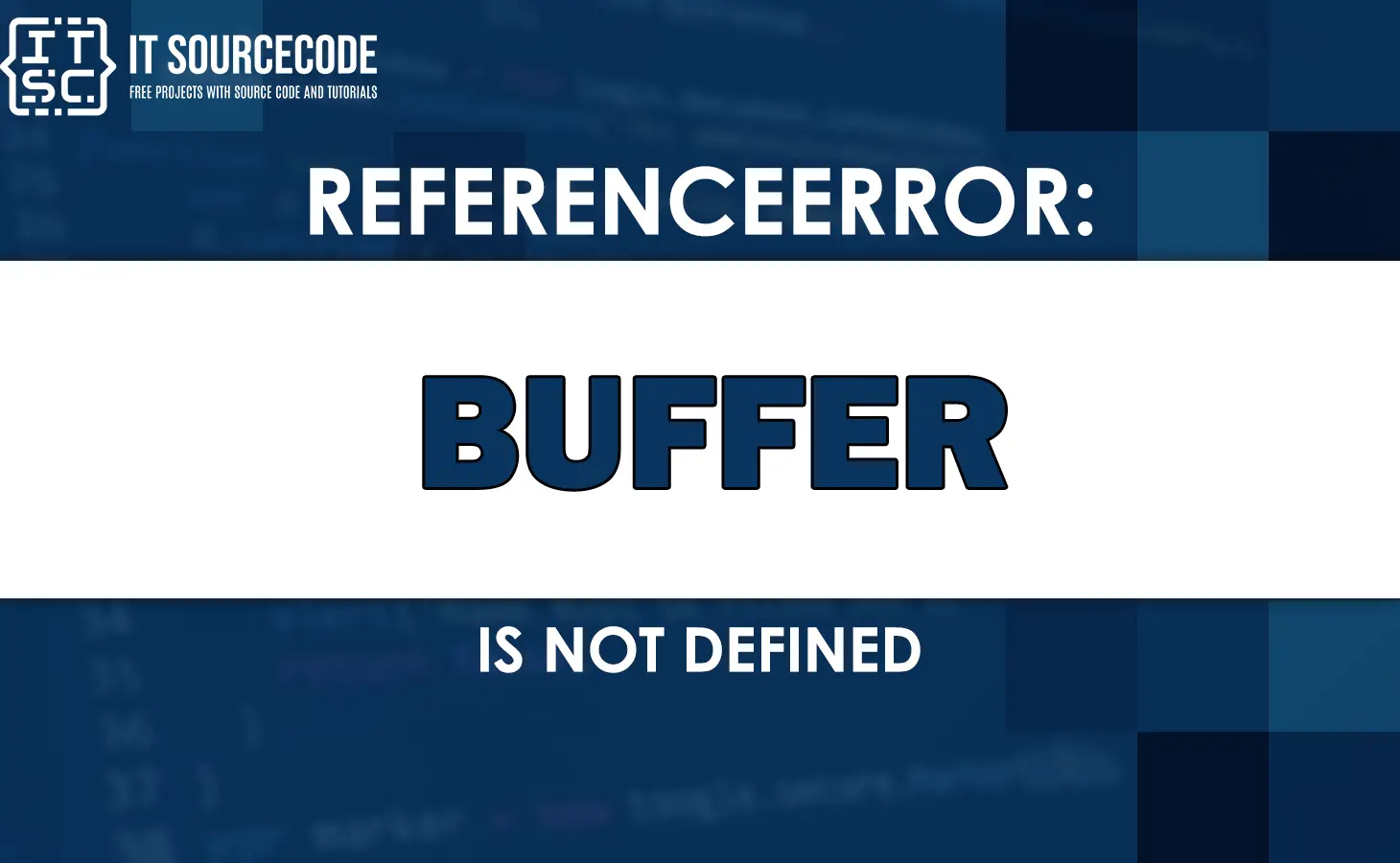Have you encountered a “ReferenceError: buffer is not defined” error?
Which indicates an issue with a variable or object reference?
Well when working with JavaScript or any programming language, encountering errors is a common part of the development process.
In this article, we will explore why this error occurs, and solutions that can definitely help fix it.
Why Referenceerror buffer is not defined occur?
The “ReferenceError: Buffer is not defined” error occurs because the Buffer object is not available in the current environment.
In older versions of Node.js and some other JavaScript environments, the Buffer object was a built-in class used for handling binary data.
However, starting from Node.js version 6.0.0, the use of the Buffer constructor is deprecated, and it is no longer available in the global scope by default.
Here’s an example program that can cause the “ReferenceError: Buffer is not defined” error:
// This code will cause a ReferenceError: Buffer is not defined
const data = "Hello, World!";
const buffer = Buffer.from(data);
console.log(buffer);
In this example, we’re trying to use the Buffer object to create a buffer from a string.
However, if you run this code in a newer version of Node.js (6.0.0 or later) or in a browser environment, you will encounter the “ReferenceError: Buffer is not defined” error.
Common Causes of ReferenceError
Generally, there are several common causes that can lead to a ReferenceError, it includes the following:
- A misspelling or incorrect variable names.
- Issues with variable scoping, such as accessing a variable outside of its defined scope.
- Missing or incorrect imports of libraries or modules.
- Incompatibility between different versions of libraries or modules.
- Problems with asynchronous code execution or timing.
How to fix Referenceerror buffer is not defined?
To fix this issue, you can use the Buffer.from() method from the buffer module in Node.js.
// This code will work without errors
const data = "Hello, World!";
const buffer = Buffer.from(data);
console.log(buffer);
Alternatively, if you’re working in a browser environment or a newer version of Node.js that supports it, you can use the TextEncoder class to encode the string as binary data:
// This code will work without errors in browser or newer versions of Node.js
const data = "Hello, World!";
const encoder = new TextEncoder();
const buffer = encoder.encode(data);
console.log(buffer);
These examples demonstrate how to handle binary data without encountering the “ReferenceError: Buffer is not defined” error.
Asides from this error you could also check other fixed errors on this site which might help you in resolving the issues, namely:
Conclusion
In conclusion, the “ReferenceError: buffer is not defined” error is a common JavaScript error that occurs when a variable or object reference is undefined or unrecognized.
By understanding the causes of this error and following the solutions discussed in this article, developers can effectively identify and resolve ReferenceError issues.
We hope this article helped you address the issues.
Until next time! 😊

